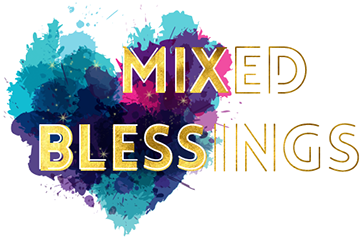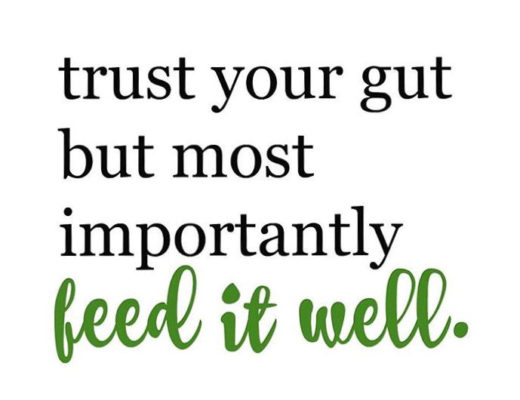This is a sponsored conversation, all opinions are my own.
I was just introduced to a really cool app, (you know I’m a bit of a tech nerd, right?) and I wanted to share it with you guys. It’s a new mobile interactive incentive program for expectant mothers, called Baby Blocks. It’s available to help pregnant women and new parents with prenatal and well-baby care. But first, a few facts you may not be aware of.
 More than 11 percent of the babies born nationwide last year were considered premature, earning the nation a “C” grade according to a new March of Dimes report. Full-term deliveries are important for the health of babies and mothers, considering births before 37 weeks of pregnancy account for 35 percent of all infant deaths, according to the CDC.
More than 11 percent of the babies born nationwide last year were considered premature, earning the nation a “C” grade according to a new March of Dimes report. Full-term deliveries are important for the health of babies and mothers, considering births before 37 weeks of pregnancy account for 35 percent of all infant deaths, according to the CDC.
November is National Prematurity Awareness Month, a perfect time for families nationwide to think about the health of expectant mothers and babies, and to raise awareness of and increase safe and healthy pregnancies and deliveries.
Appropriate prenatal and postnatal care is critically important for mothers’ and babies’ health. It is also important for mothers and families to understand the risks associated with elective deliveries before 39 weeks of gestation and their potential impact on infant health. The American College of Obstetricians and Gynecologists (ACOG) defines full-term as 39 weeks and advises against elective deliveries before that. The potential complications involved with elective childbirth before 39 weeks are very real, yet some first-time mothers may be unaware of the risks. Babies born before 39 weeks are more likely to have respiratory problems and developmental delays, according to numerous published studies.
The U.S. has the highest rate of preterm birth of any industrialized country. More than 1.3 million babies were delivered by cesarean section in 2011, with wide variation in C-section rates at hospitals nationwide, according to a new study from the University of Minnesota. The overall C-section rate was 33 percent, but the rate ranged between 19 and 48 percent at hospitals across the nation; the researchers could not identify evidence-based factors to explain the variation. C-section deliveries can carry a variety of risks, including infection, blood clots and problems in future pregnancies.
 New tools, including myriad mobile apps, are helping pregnant women and new parents with prenatal and postnatal care. For instance, UnitedHealthcare’s Baby BlocksTM is a mobile incentive program now available to Medicaid beneficiaries in 14 states and people enrolled in employer-sponsored health plans. Users access interactive “baby blocks” via the app on their iPhones and Android smartphones that show their prenatal visit. Users can then earn rewards for following a prenatal- and postnatal-visit schedule, including gift cards, toys and diapers.
New tools, including myriad mobile apps, are helping pregnant women and new parents with prenatal and postnatal care. For instance, UnitedHealthcare’s Baby BlocksTM is a mobile incentive program now available to Medicaid beneficiaries in 14 states and people enrolled in employer-sponsored health plans. Users access interactive “baby blocks” via the app on their iPhones and Android smartphones that show their prenatal visit. Users can then earn rewards for following a prenatal- and postnatal-visit schedule, including gift cards, toys and diapers.
Encouraging a healthy and full-term pregnancy is the responsibility of parents and health professionals, and technology is helping make that possible. The last few weeks of pregnancy for many mothers can seem endless and often uncomfortable. But expectant parents should take the opportunity to learn just how important the last few remaining weeks are for their baby’s development and health.
Go check out the app, and share it with your friends!






